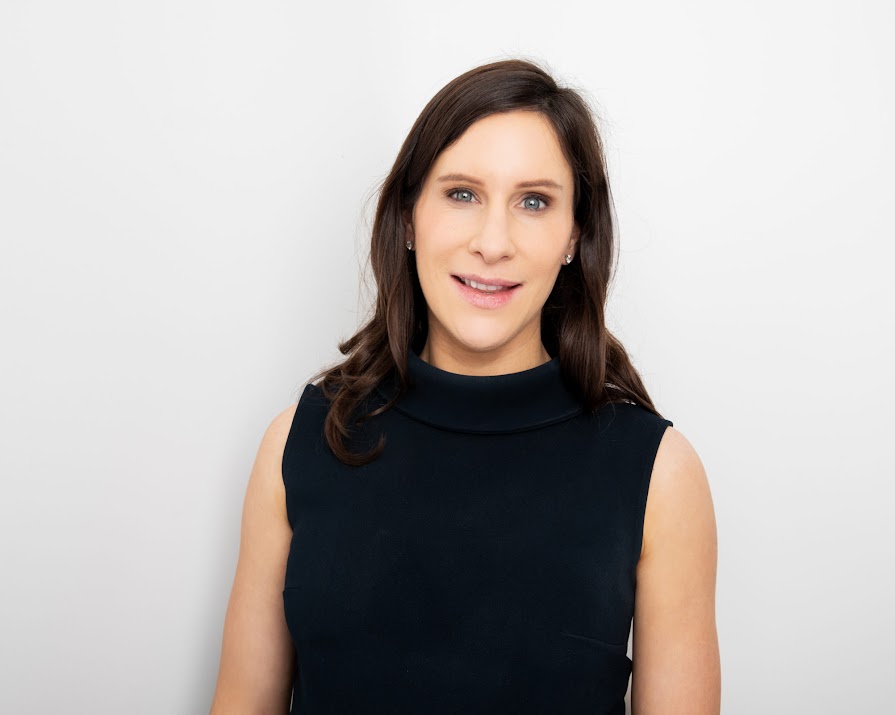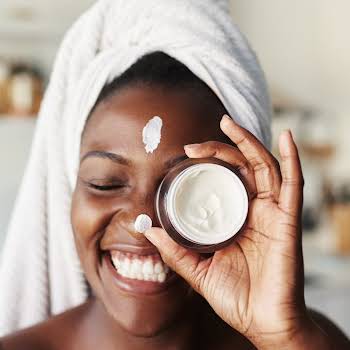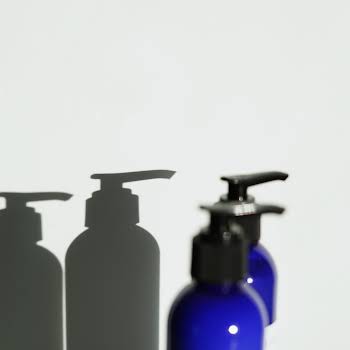
By Holly O'Neill
13th Apr 2020
13th Apr 2020
Your cheatsheet to dermaplaning.
Professor Caitríona Ryan, consultant dermatologist at Institute of Dermatologists answers all our questions about dermaplaning, that weird treatment you keep seeing on Instagram where they shave your skin with a blade.
What are the benefits of dermaplaning?
Dermaplaning is a form of mechanical exfoliation of the skin, where a sterile surgical blade is used to gently remove the outermost layer of dead skin cells of the stratum corneum and fine vellus hair (peach fuzz) to produce smoother, brighter skin. Dermaplaning immediately rejuvenates the skin leaving it smooth, supple and vibrant. It enhances the penetration of active ingredients of skincare products and improves the appearance of make-up for a smoother, flawless look. It is an excellent treatment before a special event and very popular with brides who want to look radiant on their special day.
Are there any side effects of dermaplaning?
It is very safe and even suitable for sensitive skin. Very occasionally small nicks of the skin can occur.
Who should I see for my dermaplaning treatment?
Typically dermaplaning is performed by a beauty therapist or nurse who is certified in dermaplaning.
How much will a dermaplaning treatment cost?
Prices range from 100 to 250 euro depending on the combination of treatments used. One of the great benefits of dermaplaning is that it allows ehnanced penetration of professional skincare treatments. In some clinics it is combined with chemical peels – however this can lead to increased irritation so should not be performed immediately before a special event. In the Institute of Dermatologists, we use dermaplaning as the perfect prep for intensive hydrating facials, to optimise the efficacy of carefully selected ingredients to produce the ultimate glow. For example, our “Plane and Glow” facial is a 45 minute treatment tailored for busy professionals on the go and includes dermaplaning followed by the cult favourite oxygenating Biologique Recherche Masque VIP 02 to detoxify, hydrate and restore the natural balance of the skin, for €145. We also offer a 75 minute treatment designed to be the ultimate skin prep for a special event with dramatic results for €250.
Does it hurt?
It should be completely pain-free. Many patients find it to be a very relaxing treatment.
Will the shaving of my face make my hair grow back quicker and coarser?
No, it is not possible to change vellus hair into terminal hair unless there is an underlying condition. The soft fine vellus hair will grow back slowly, typically over the next 4 to 6 weeks.
Is there downtime?
No, dermaplaning is a “lunchtime procedure.” There is no irritation or inflammation following the treatment unless your therapist combines dermaplaning with a chemical peel or another exfoliating treatment.
What can I use on my skin after a dermaplaning treatment?
Our dermaplaning treatments are followed by intensive hydrating facials and cryostick treatments so we prefer our patients not to wear make-up for the rest of the day to maximise their results.
How often do I need to do a dermaplaning treatment?
Every 4 to 6 weeks. For optimum results we advise that dermaplaning is planned for 2-3 days prior to a special event.

Read more: A dermatologist’s guide to what you actually need in your skincare routine
Read more: Dermatologist Nicola Ralph breaks down everything to know about rosacea
Read more: Inside Bobbi Brown’s new beauty vitamin range























